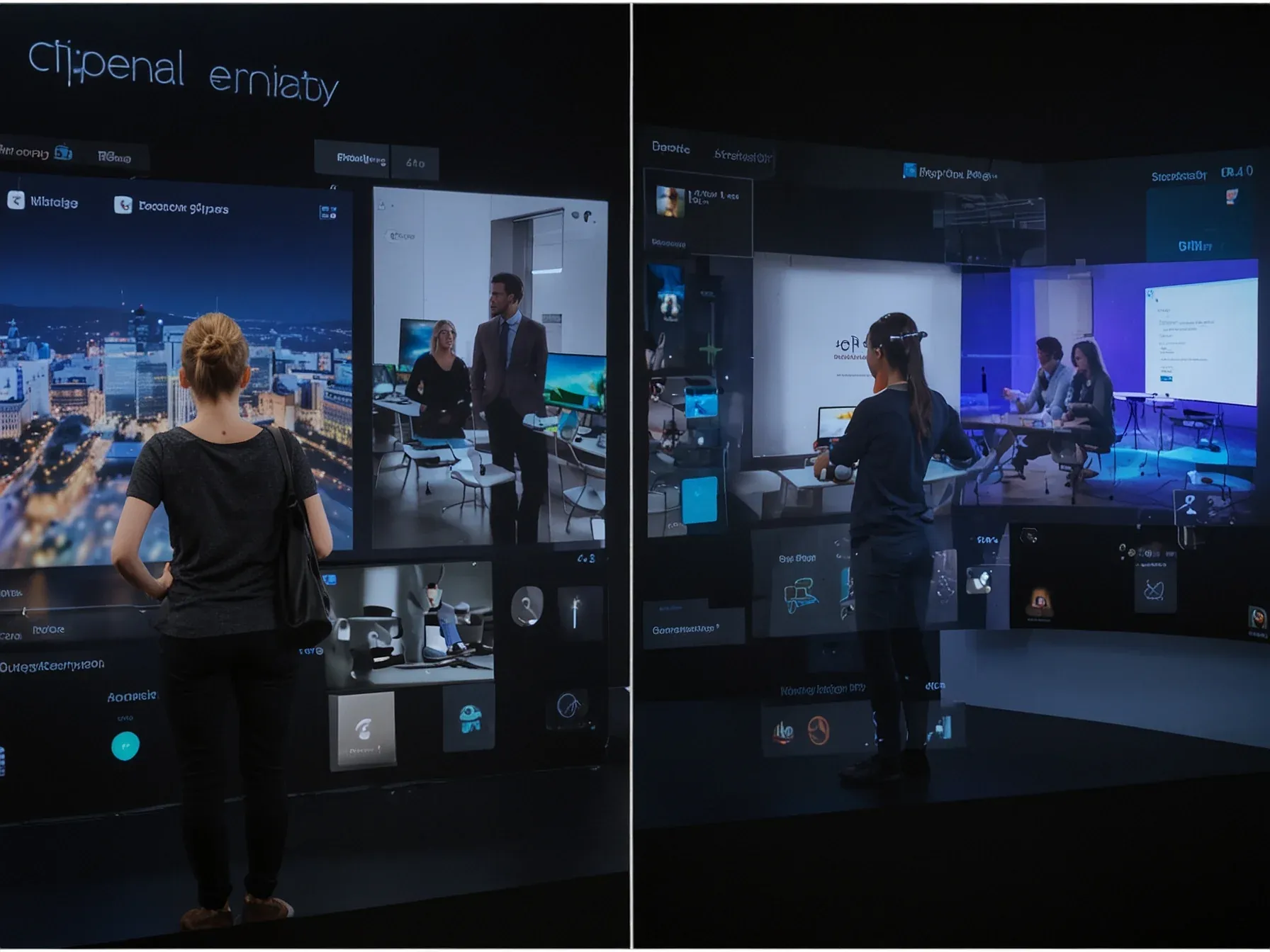
Editorial illustration for OpenAI Offers Regional Data Storage for 1M+ Business Users Worldwide
OpenAI Expands Enterprise Data Storage for Global Compliance
OpenAI expands data residency, letting 1M+ business users choose regional storage
OpenAI is making a strategic move to win over enterprise customers by offering more flexible data storage options. The artificial intelligence company recognizes that global businesses have complex compliance requirements, particularly when handling sensitive information across different jurisdictions.
Regional data storage has become a critical concern for companies using AI technologies. Businesses want assurances that their proprietary data remains protected and meets local regulatory standards.
By expanding data residency choices, OpenAI is directly addressing one of the biggest barriers to widespread AI adoption in corporate environments. The company appears to be targeting multinational corporations and organizations with strict data governance protocols.
Small and medium-sized businesses will likely benefit from this approach as well. Companies operating across multiple countries often struggle to navigate complex data protection landscapes.
The move signals OpenAI's commitment to scaling its enterprise offerings while demonstrating a nuanced understanding of global business challenges. Regulatory compliance could be the key differentiator in the competitive AI market.
"With over 1 million business customers around the world directly using OpenAI, we have expanded where we offer data residency -- allowing business customers to store data in certain regions, helping organizations meet local regulatory and data protection requirements," the company said in its blog post. However, enterprises must also understand that if they are using a connector or integration within ChatGPT, those applications have different data residency rules. When OpenAI launched company knowledge for ChatGPT, it warned users that depending on the connector they use, data residency may be limited to the U.S.
OpenAI's latest move signals a strategic response to growing global data privacy concerns. The company now allows its 1 million-plus business customers to store data in specific regional locations, helping organizations navigate complex regulatory landscapes.
This expansion addresses a critical need for enterprises seeking compliance with local data protection requirements. Still, OpenAI warns that data residency isn't uniform across all services.
Businesses must pay close attention to the nuanced details. Specifically, while core OpenAI services now offer regional storage options, integrated applications like ChatGPT connectors might have different data residency rules.
The development underscores the increasing complexity of data management in the AI era. Companies will need to carefully evaluate their specific use cases and integration strategies to ensure full compliance.
For now, OpenAI's approach provides more flexibility for global businesses. But questions remain about the long-term implications of such region-specific data storage strategies.
Further Reading
- OpenAI for Healthcare: Complete 2026 Guide to HIPAA- ... - ALM Corp Blog
- OpenAI and Anthropic double down on healthcare - Handy AI - Handy AI Substack
- Introducing ChatGPT Health - OpenAI
Common Questions Answered
How many business customers does OpenAI currently serve?
OpenAI currently serves over 1 million business customers worldwide. The company has strategically expanded its data storage options to meet the diverse compliance needs of these global enterprises.
What is OpenAI's new approach to regional data storage?
OpenAI now allows business customers to store data in specific regional locations to help organizations meet local regulatory and data protection requirements. However, the company cautions that data residency rules may vary depending on the specific service or integration being used.
Why is regional data storage important for enterprise AI customers?
Regional data storage is critical for businesses using AI technologies because it helps them comply with local data protection regulations and maintain control over sensitive information. Different jurisdictions have varying requirements for data handling and storage, making flexible options essential for global enterprises.








